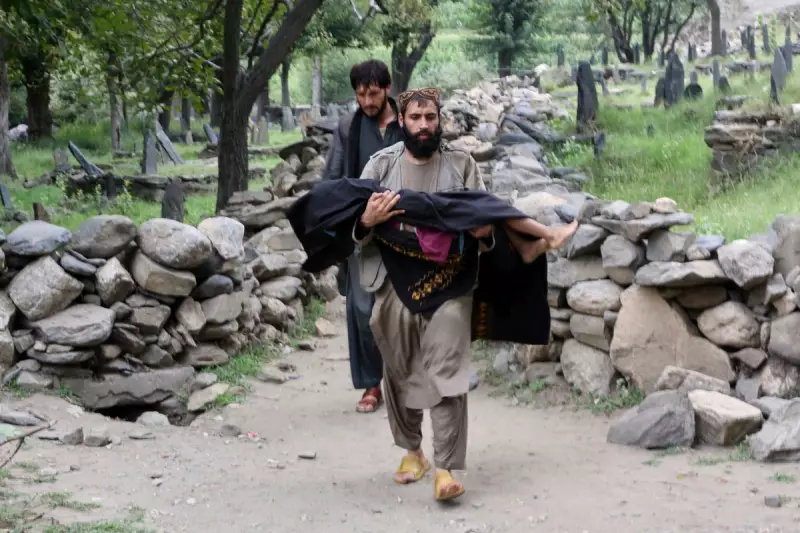
Afghanistan is teetering on the brink of a devastating humanitarian catastrophe as international aid has dramatically dwindled since the Taliban seized control of the country, according to alarming new reports.
The sharp reduction in foreign funding has triggered the near-total collapse of essential services, leaving millions of vulnerable Afghans without access to healthcare, food, or basic necessities. United Nations agencies and humanitarian organisations are sounding the alarm about what they describe as one of the world's most severe crises.
Healthcare System in Freefall
Medical facilities across Afghanistan are facing an existential threat, with many hospitals and clinics unable to purchase medicines, pay staff salaries, or maintain basic equipment. The World Health Organization reports that 90% of the country's healthcare facilities risk closure due to the funding crisis.
"We're witnessing the complete unraveling of a healthcare system that took decades to build," explained a senior UN official who spoke on condition of anonymity. "Without immediate intervention, preventable diseases will claim countless lives."
Children Bear the Brunt of the Crisis
UNICEF data reveals a harrowing reality: approximately 3.2 million Afghan children under five are expected to suffer from acute malnutrition by the end of the year. Without urgent treatment, at least one million of these children are at risk of severe acute malnutrition, which can be fatal.
The convergence of economic collapse, drought, conflict aftermath, and COVID-19 has created a perfect storm of suffering that disproportionately affects the most vulnerable.
International Response and Diplomatic Challenges
The international community faces a complex dilemma: how to provide life-saving assistance without legitimising or funding the Taliban regime. Most development aid remains frozen, with only emergency humanitarian assistance continuing through carefully monitored channels.
Western nations, including the United Kingdom, are navigating delicate negotiations to ensure aid reaches those in need without being diverted to Taliban coffers. The situation represents one of the most challenging humanitarian and diplomatic crises of our time.





